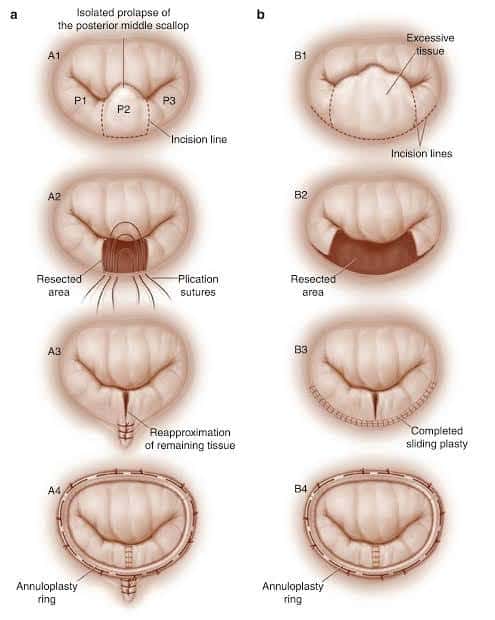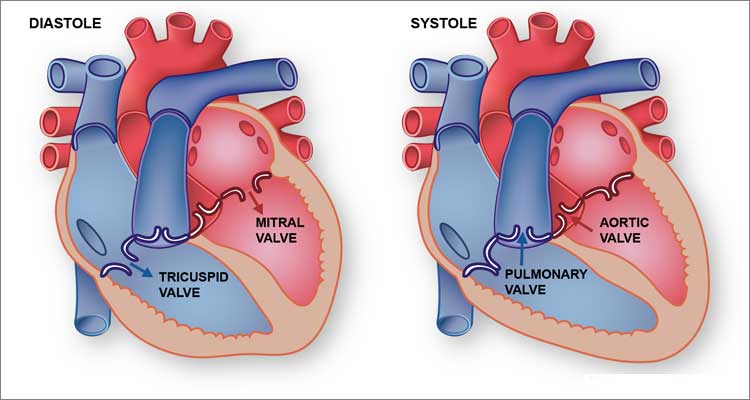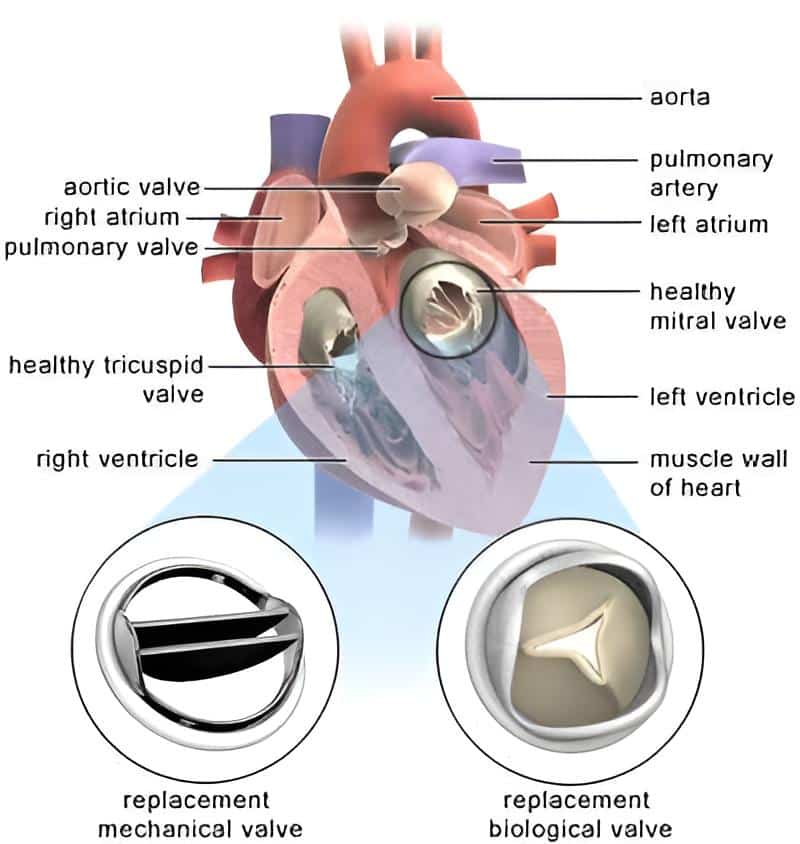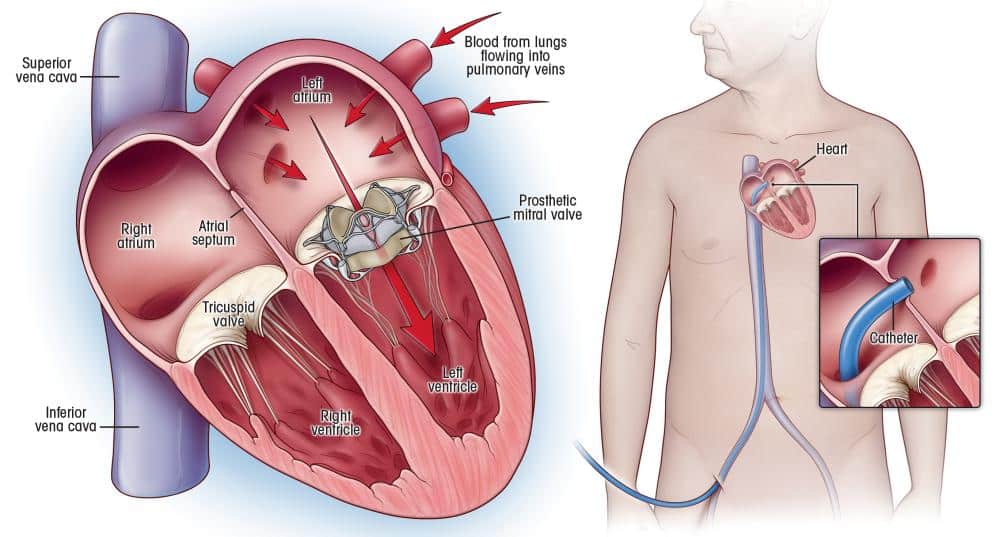Valve Replacement & Repair Surgeries
Valve replacement and repair surgeries are advanced cardiac procedures performed to treat abnormalities or diseases of the heart valves. The heart valves play a vital role in ensuring the proper flow of blood through the heart chambers, allowing for efficient circulation throughout the body. When these valves become damaged or dysfunctional, they can significantly impact heart function and overall health.
Valve Replacement & Repair Surgeries
Our heart contains four major valves, and in principle, any valve functions to allow the flow of blood in one direction only and close while blood tries to flow back in synchronization with the heartbeats.
Basically, heart valve problems can be structural or functional. Structural problems arise due to abnormal changes in the structure of the leaflets of the valve, which in turn leads to functional dysfunction in the form of stenosis or leakage. Valves can be either repaired, which is usually the case in the early stages, but if presenting late, usually replacement is required. When replacement is needed, it can be done through a conventional midline by cutting the breastbone, which we do rarely. Instead, we perform Valve Replacement & Repair Surgeries using MICS (Minimally Invasive Keyhole Incision).
Valves can be of two types:
Metallic Valves, which are usually reserved for young patients and require mandatory use of blood thinners.
Tissue Valves, recommended for older age groups, especially those 55 years and above. Tissue valves are very close to the natural valve and are made of bovine and porcine tissue, and they do not require any blood thinners.
Valve Replacement & Repair Surgeries: Valve replacement surgery involves the removal of a damaged valve and the insertion of a prosthetic valve in its place. The prosthetic valve can be either mechanical or biological. Mechanical valves are durable and long-lasting, but require lifelong blood-thinning medication. Biological valves, derived from human or animal tissue, do not require blood-thinning medication but have a limited lifespan.
Valve Repair: Valve repair surgery aims to restore the function of the diseased valve by repairing the existing valve structure. This approach is preferred when the valve damage is minimal and can be successfully restored. Valve repair helps maintain the natural anatomy of the heart and may offer better long-term outcomes compared to valve replacement.
Common Valve Disorders: Valve replacement and repair surgeries are performed to address various valve disorders, including:
- Aortic Valve Stenosis: This condition occurs when the aortic valve becomes narrowed, obstructing blood flow from the heart to the rest of the body.
- Mitral Valve Regurgitation: Mitral valve regurgitation happens when the mitral valve fails to close tightly, causing blood to flow backward into the heart’s chambers.
- Tricuspid Valve Disease: Tricuspid valve disease affects the valve between the right atrium and the right ventricle, causing issues with blood flow and functionality.
- Pulmonary Valve Disorders: Pulmonary valve disorders involve abnormalities in the valve that regulates blood flow from the heart to the lungs.
Benefits of Valve Replacement & Repair Surgeries:
- Restored heart valve function and improved blood flow.
- Relief from symptoms such as shortness of breath, fatigue, and chest pain.
- Reduced risk of complications, such as heart failure and arrhythmias.
- Enhanced quality of life and increased longevity.
It is crucial for patients with valve disorders to consult with a skilled cardiothoracic surgeon who specializes in valve replacement and repair surgeries. The surgeon will evaluate the individual’s condition and determine the most appropriate treatment approach.
Remember, early detection and timely intervention play a vital role in managing valve disorders effectively. Regular check-ups and consultation with a cardiac specialist can help identify and address valve problems promptly, ensuring optimal heart health.





